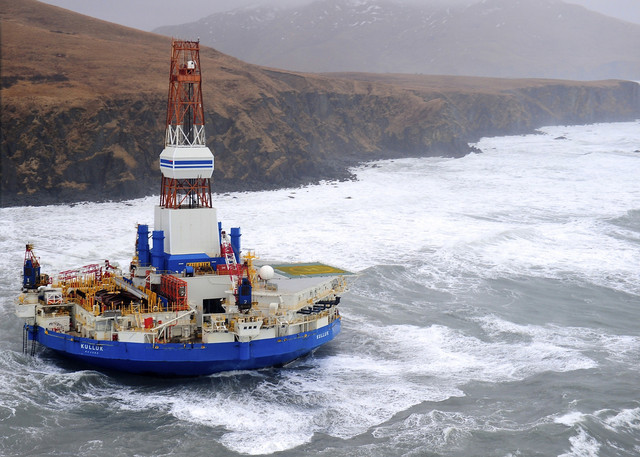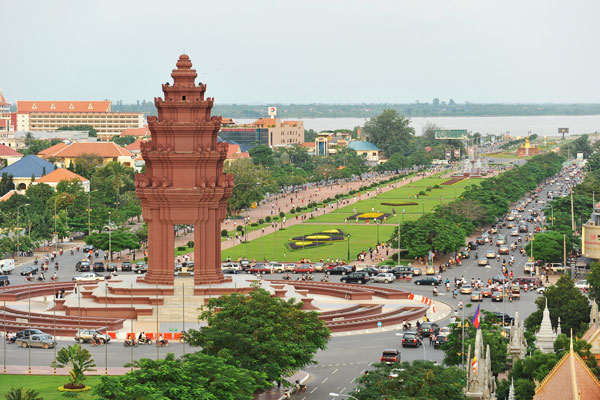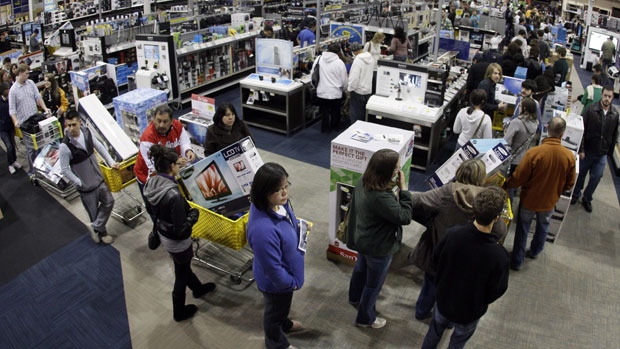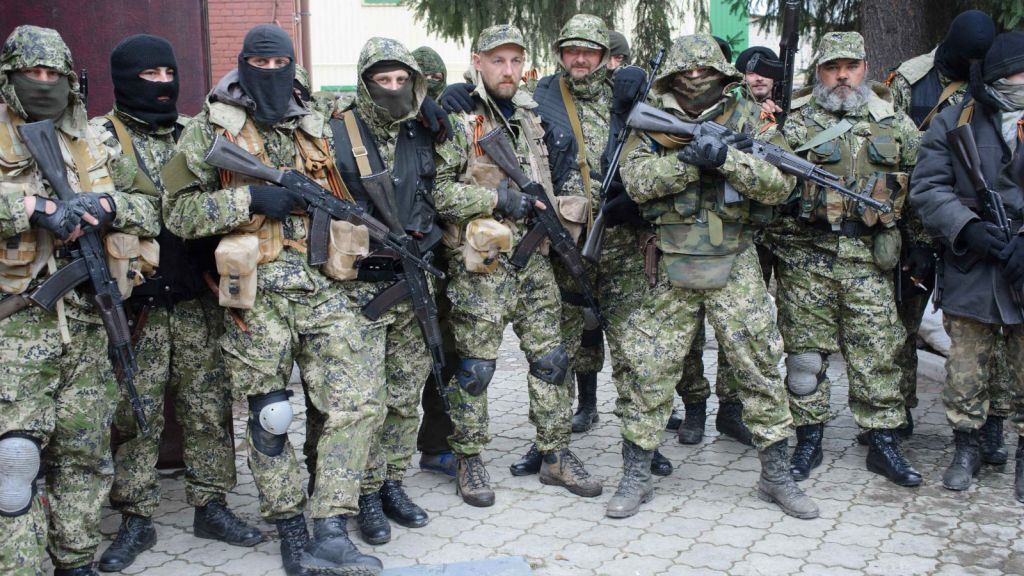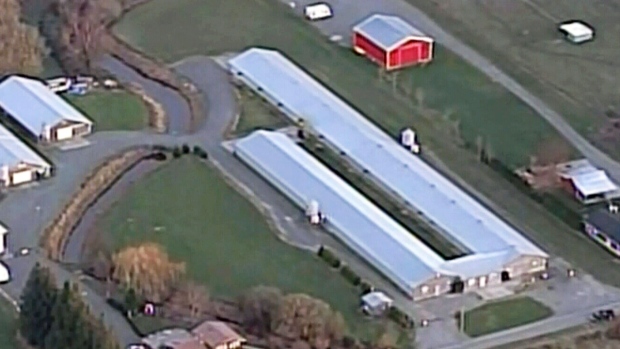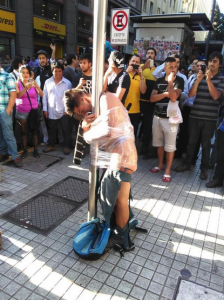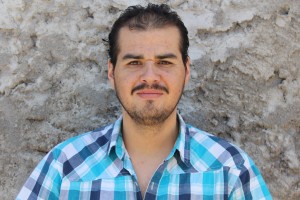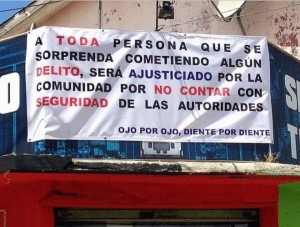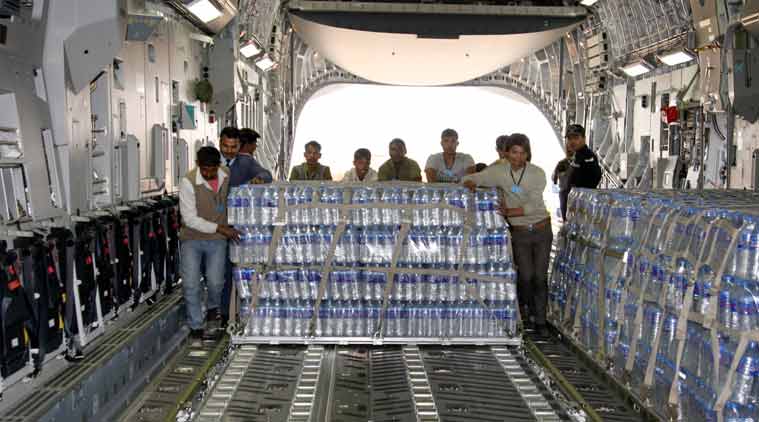Somewhere in an Anarchist occupied fortress in Barcelona , resides Amir Taaki, a world renowned Cypto-Anachist named one of Forbes top 30 tech entrepreneurs under the age of 30.
Amir Taaki hides out with a merry band of progressive software developers that work under the name Unsystem, developing a project that is both politically incendiary and a potential economic and financial game changer on a global scale.
The project, entitled Darkwallet, is an off the grid money transfer software which uses the Cypto-currency BitCoin to transfer funds anywhere in the world obscuring the user´s identity and circumnavigating central established banking systems.
Darkwallet has the ability to cross frontiers, such as where investment and financial transactions between countries such as the US and Iran are prohibited due to political sanctions.
Amir Taaki and his Unsystem group have found a way to traverse these sanctions by cutting out the middle man, allowing a free market flow of funds. The software works like an anarchist version of Western Union without the exchange rates. The recent release of the software has got governments scrambling to impose regulations and legislation.
However, Darkwallet is a way to move these funds in a completely surreptitious way by grouping together the transactions to a point where they become completely untraceable using a concept called “trustless mixing.”
The advent of digital Crypto-currencies has been a steady and controversial rise which has gradually gained a footfall hold in the foundations of the world economic infrastructure. Amir Taaki from his base in Barcelona has been a global pioneer in establishing the digital currency as a potential and more stable alternative to the current monetary situation.
BitCoin came into existence in 2008, known officially as a Cypto-currency. The word Cypto is based on the cryptography branch of mathematics and signifies the process of writing and programming electronic codes.
BitCoin was created by a mysterious software developer based in Japan that goes by the name Satoshi Nakamoto who had the idea of creating a de-centralized digital currency that does not rely on market fluctuations; with an infrastructure that works using peer to peer technology. In other words instead of using a centrally established computer system, Bitcoin uses individual computers so that every BitCoin holder provides a framework for its existence. To be able approve and solve the complex mathematical transactions needed to support a digital currency, The currency uses a mining process which at first used individual computer processors but with the growth of BitCoin it has since evolved into complex sophisticated operation, where businesses have grown up using entire farms of computer chips to process the transactions.
The movements of BitCoins are electronically recorded in a public ledger known as the Block-Chain which makes sure the transactions are legitimate and the currency cannot be double spent. All transactions are signed off digitally using a private key which belongs to the BitCoin owner which is stored in their virtual wallet on their computer hard drive or smart phone.
BitCoin’s rise to fame has been a controversial one; from the The Silk Road, an internet eBay style market place that allowed people to clandestinely buy and sell drugs and arms via secure web browsers; from here it gained infamy as a quick and easy money laundering tool.
The Silk Road website at its height had an annual turnover of 20 Million dollars. The users would simply purchase the BitCoins in a perfectly legal way via exchange websites. The Silk Road creators have since found themselves on drug trafficking and murder for hire charges, since the closure of the online market place website a multitude of similar sites have sprung up in its place. One such is OpenBazaar which was created by Amir Taaki and his Unsystem team, which does not use centralized servers and therefore cannot be traced and shut down by the authorities. CytoCoin News, an online independent BitCoin news source called it “The unstoppable evolution of the Dark Net.”
Referring to the web space where these pages exist, they need private secure web browsers to access. Only 0.03% of the internet is openly searchable. The rest belongs to the Dark Net.
Despite its infamous roots, BitCoin continues to grow exponentially. In Barcelona a local startup company named BTC Point founded by Borja Rossell and Albert Caus has created one of the world´s first two-way BitCoin cash machines. Which means users can buy and sell BitCoin with local currency.
The ATM works in a way so that people can buy and sell BitCoin with a limit of 2,500 Euros or depending on the amount in amount currently in the machine.
Their first installation was a prototype cash machine installed in Madrid in April 2014 which proved a success and since then the company has gone from strength to strength, Producing ATMs which have been shipped from Washington DC to Equatorial Guinea.
Borja tells me “BitCoin is still in its early stages, the one great strength it has is that it cannot stopped because there is no way lock it down, people will have no choice to but to accept it.”
Borja and Albert are currently pursuing an idea which is already implemented in Madrid called Boulevard BitCoin.
Boulevard Bitcoin is an enterprise to get businesses to accept digital payments. Calle Serrano in center of Madrid has been the starting point of this initiative, more business have increasingly jumped on the bandwagon with more than 20 businesses now accepting payments.
Just recently the Spanish Bank Bankinter invested in a Spanish based Startup Company named Coinffeine that provides an online BitCoin exchange for people wishing to buy and sell their BitCoins, the platform acting as a negotiator for the exchange.
The promotion of BitCoin as an alternative currency has been increasingly at the forefront of global business.
The former executive chairman of Bitcoin Jon Matonis submitted an open letter to Barcelona Mobile world congress in 2014 describing Bitcoin as “Money without Government.”
He went on to say, “BitCoin is a survivable Digital Scarcity. In just five short years, BitCoin has unequivocally demonstrated that we don´t need kings to coin our money and we don´t need central banks issuing debt-based paper notes and deciding what our money should be. Money is anything we collectively determine it to be.”
Banks by large have yet to fully acknowledge the potential of Crypto- currencies while BitCoin still remains the dominant market leader, it is not alone.
BitCoin still reels from the stigma of money laundering and drug association. Some sceptics have referred to it as little more than a pyramid scheme or have pointed out the fact that there are Orwellian connotations to a digital currency. However you see it, BitCoin is a potential stake holder as a future currency and could bring stability to an unfavorable economic climate.
By Anthony Bain
